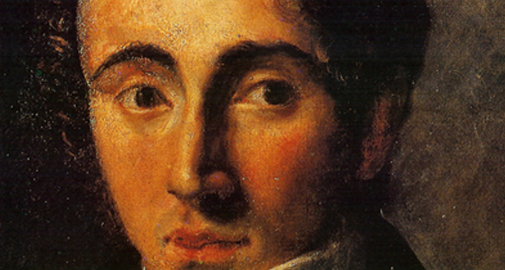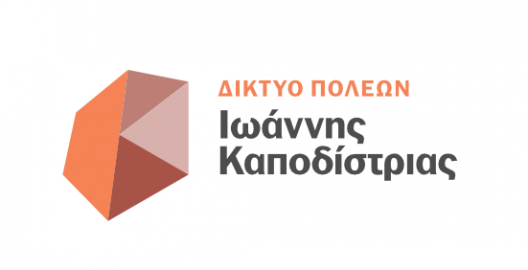The Network
Founding members of the Ioannis Capodistrias City Network are the Municipalities of Corfu, Aegina, Ammochostos, Nafplio and Koper-Capodistria (Slovenia), which are all connected to phases in the life of Ioannis Capodistrias, from his birth to his assassination.
Five cities – A common legacy
Our starting point is a common European history. We share in the legacy of the great statesman Ioannis Capodistrias and his vision for a Europe that would build coexistence and respect.
We are outward-looking municipalities, which want to highlight our common cultural heritage, and we aim to provide our visitors with new information about our land.
We have joined forces and are creating a network for learning about each other, sharing our culture, and cooperation.
A common heritage, a common future
Ioannis Capodistrias was one of the most important political personalities in modern European history, and highlighting his life and work may highlight the opportunities there are to get to know each other and strengthen the ties that bind us on a cultural, economic and social level.
The experience of the city network, with its tightening and broadening of the bonds between European municipalities, is the starting point in our search for ways to co-exist creatively, with the ultimate aim of strengthening civil society. Within an international framework that imposes the strict rules of a globalised economy and the negative effects this has had on the daily life of their inhabitants; these cities face the challenge of creating the network with quality criteria. This network, which has at its core the values of sustainability, can constitute a vehicle for encouraging best practices and exchange of technical know-how, and also for the promotion of the unique local identity of each city.
We welcome you to the network’s website, which will try and give meaning to all the above, opening a window of communication between us, which calls you on to on new exploration and exchange.
The Aims of the Network
The aims of cooperation and exchange, as they are described in the network’s articles of association, can be found throughout the structure of this website, which comes in realisation of the decisions taken during the founding meeting of the network.
In brief, the aims of the network are:
- to present sites that are connected with Ioannis Capodistrias, his life and work;
- to promote actions with scientific, historic and artistic content, which take place in each of our cities and are connected with the study and highlighting of our common heritage;
- to give inhabitants and visitors to our cities a new insight into the past and present;
- to attempt to widen the network with other cities which have been connected historically with Ioannis Capodistrias.


Short biography
Ioannis Capodistrias (1776-1831) was one of the leading personalities in Greek and European history of the beginning of the 19th century. He was born in Corfu, studied in Padua and, on his return, came into the civil service of the Septinsular Republic (1800-1807), the first autonomous Greek State.
In 1908, he was invited by Tsar Alexander to St Petersburg to serve in the Foreign Ministry. He played a leading role on the European diplomatic stage, reaching the office of Russian Foreign Minister in 1815, a position he held until 1822. It was then that he fell out with Tsar Alexander over the Greek question and moved permanently to Geneva, from where he systematically supported the Greek rebellion against the Ottoman Empire.
In April 1827, he was unanimously chosen the first governor of Greece by the Greek National Assembly. He succeeding in laying the foundations of the new Greek State and, through tireless diplomatic effort, he achieved the independence of his homeland. He was assassinated in Nafplio on 27th September 1831, by his political opponents. His body was taken to Corfu and he was buried in Platytera Monastery, next to that of his father.
